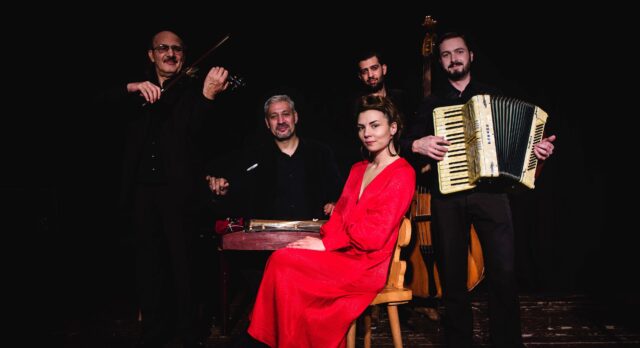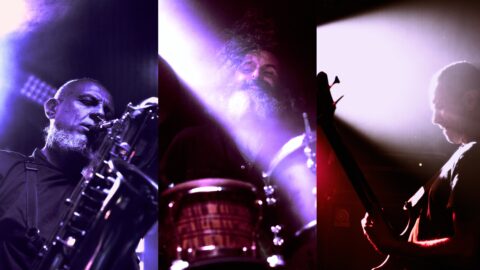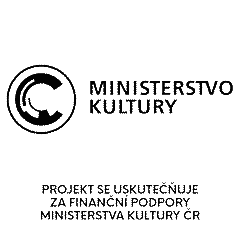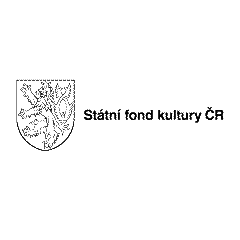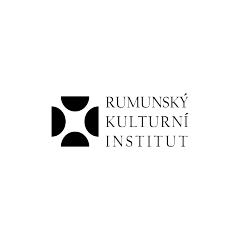Authentic Romani music with violin and dulcimer is a disappearing genre, the last living masters can be found in Romania. Singer Corina Sîrghi grew up with this music, and her band is led by Eastern European music connoisseur Shaun Williams, who came to Bucharest to finish his doctoral thesis. He has studied art history in the United States and Germany, worked as a humanitarian volunteer in Ukraine, and his family history led him to Romania. His great-grandmother was from southern Transylvania and left for the United States in 1920. The other members of the group, Romanian violinist Marian Mirea and dulcimer player Marian Șerban, are in the master class in age and virtuosity, and Marian's son Cristian plays bass. The band builds on the legendary Taraf de Haidouks, who performed at the Respect Festival at the height of their career in 2002. Last year, the group was selected by an expert jury as one of the 40 performers of the Womex International Festival.
In Romania, the traditional art of music was passed down from generation to generation by professional and often illiterate musicians called lautari, from the word lauta, lute. During the 19th century, the lautari came into the service of aristocrats. Later, as the aristocracy disappeared, the lautari retreated to the countryside, playing mainly at weddings. With the advent of radio in the 20th century came the first generation of urban traditional players with academic training who knew the notes. Among them was the father of violinist Marian Mirea. Romani music was released on records and reached a wider audience thanks to singers like Maria Tanase, Romică Puceanu, Gabi Luncă, who even became the favourite singer of the dictator Ceausescu. But the raw music of the rural lautari remained hidden from international audiences until the fall of the communist dictatorship in 1990, when the borders were opened and the group Taraf de Haidouks was formed.
Accordionist Shaun Williams was aware that his American origins might confuse listeners, so he joined the group under the moniker Jean Americanu, which he acquired from his Romanian bandmates. The group’s dulcimer player Marian Șerban is a unique character. When Romani music was discovered by Western audiences after the fall of communism, he moved to Italy, where he participated in dozens of important projects. He played with the band Aquaragia Drom and with Neapolitan saxophonist Daniel Sepe, accompanied English rocker Elvis Costello on his Italian tour, and contributed to the soundtrack of film composer Ennio Morricone.


